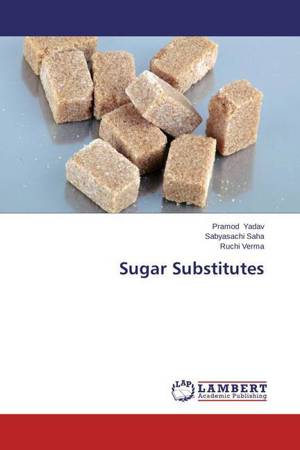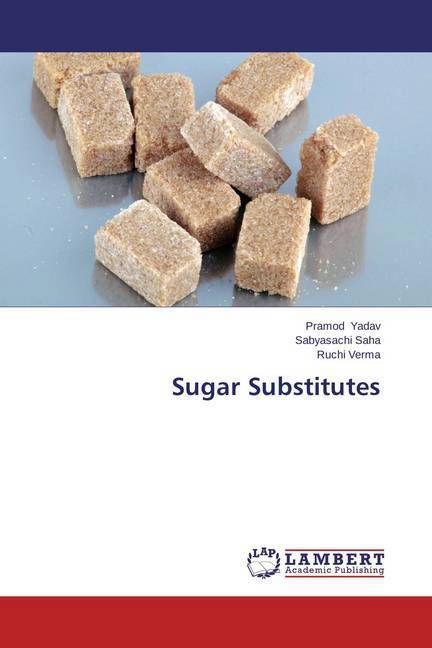
Bedankt voor het vertrouwen het afgelopen jaar! Om jou te bedanken bieden we GRATIS verzending (in België) aan op alles gedurende de hele maand januari.
- Afhalen na 1 uur in een winkel met voorraad
- In januari gratis thuislevering in België
- Ruim aanbod met 7 miljoen producten
Bedankt voor het vertrouwen het afgelopen jaar! Om jou te bedanken bieden we GRATIS verzending (in België) aan op alles gedurende de hele maand januari.
- Afhalen na 1 uur in een winkel met voorraad
- In januari gratis thuislevering in België
- Ruim aanbod met 7 miljoen producten
Zoeken
€ 68,45
+ 136 punten
Omschrijving
The sugar substitutes discussed in this this book, which may also be called alternative, artificial, high-intensity, or non-nutritive sweeteners, can replace the sweetness of sugar while providing few or no calories. In addition to the calorie savings, these sugar substitutes have the advantage of not promoting tooth decay, and they are useful in dietary planning for people who are coping with obesity or diabetes. Each of these sugar substitutes is discussed individually. Sugar substitutes includes both food ingredients with very strong sweetening power that provide zero or very few calories, which are used in very small amounts to sweeten foods, and bulk sweetening agents such as polyols, which can replace both the bulk of sugar and some of its sweetness. The availability of a variety of safe sugar substitutes is of benefit to consumers because it enables food manufacturers to formulate a variety of good-tasting sweet foods and beverages that are safe for the teeth and general health.
Specificaties
Betrokkenen
- Auteur(s):
- Uitgeverij:
Inhoud
- Aantal bladzijden:
- 100
- Taal:
- Engels
Eigenschappen
- Productcode (EAN):
- 9783659234743
- Verschijningsdatum:
- 17/03/2014
- Uitvoering:
- Paperback
- Afmetingen:
- 150 mm x 220 mm
- Gewicht:
- 168 g

Alleen bij Standaard Boekhandel
+ 136 punten op je klantenkaart van Standaard Boekhandel
Beoordelingen
We publiceren alleen reviews die voldoen aan de voorwaarden voor reviews. Bekijk onze voorwaarden voor reviews.









